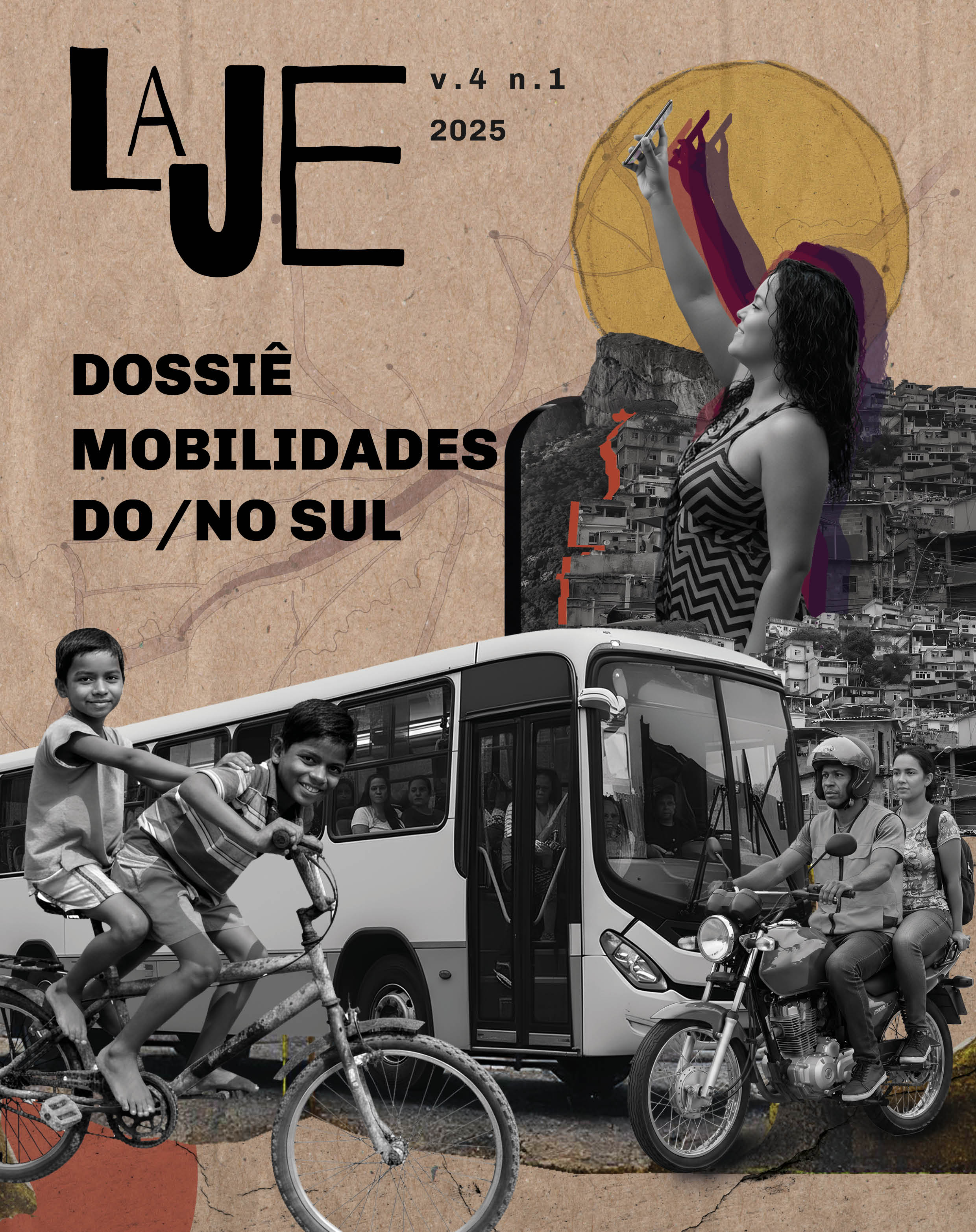Justice and micromobility
an analysis of bicycle and scooter sharing services in the city of Rio de Janeiro
DOI:
https://doi.org/10.9771/lj.v4i0.70761Keywords:
mobilities, micromobility, justice, e-scooters, bike sharing systemsAbstract
Rio de Janeiro and São Paulo (Brazil) are among the largest megacities In Latin America. Latin American cities have been actively integrating micromobility services as part of people’s urban mobility habits. However, this integration lacked other sustainable mobility changes, such as access to bike paths, proper smartphones, and mobile internet. Much of the scholarship on shared transportation in the Global South does not analyze how they are integrated with sustainable and “just” ways of moving through the city. Often emerging technologies are appropriated into existing patterns of mobility injustice, perpetuating existing inequalities. This paper analyzes the development of electric scooters in Rio de Janeiro as a case of how micromobility is embedded into existing and systemic issues of mobility injustice. Drawing from news articles, we describe the diverse uses of scooters in Rio de Janeiro, and their integration with smartphones. Our findings help to contextualize micromobility in developing world mega-cities.


